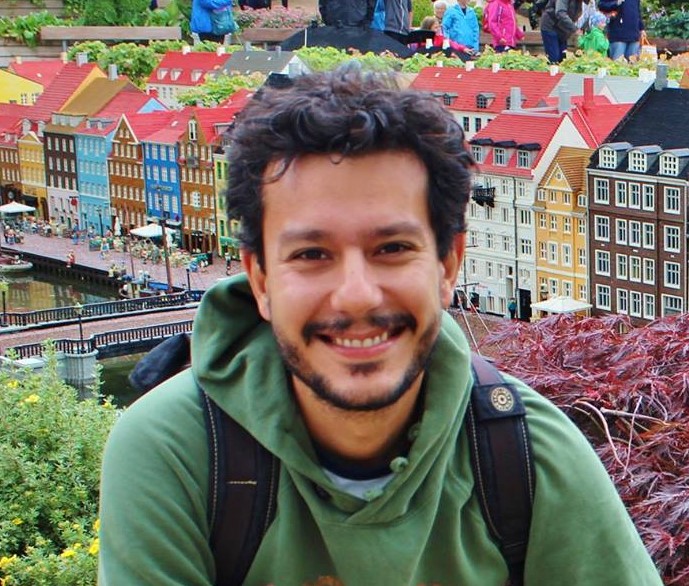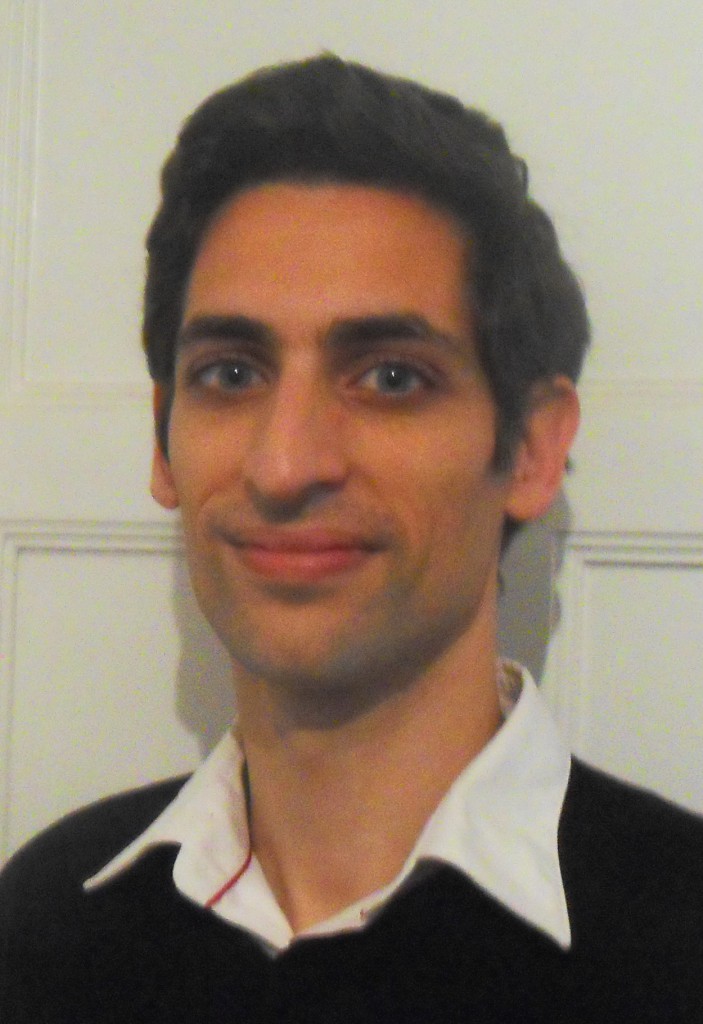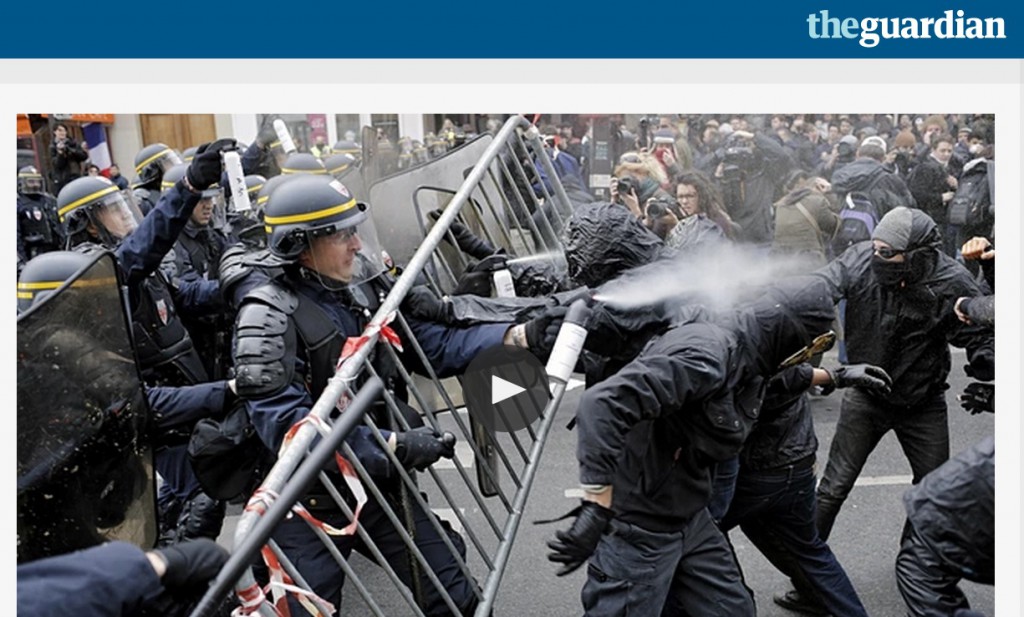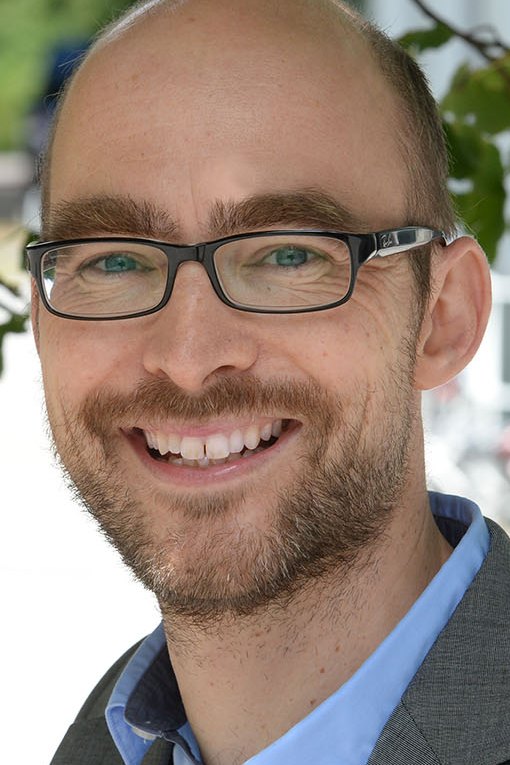
Before dealing with environmental news reporting academically, I was involved in the environmental movement personally, since back in the 90s.
I was, for instance, at the World Social Forum which took place during the now sadly famous G8 summit in Genoa in July 2001. I was volunteering as a translator and spent several days actively participating. While there, I had the chance to attend and listen to workshops hosting prominent figures of the so called anti-globalisation movement. Within the movement, at that time, concepts, issues and stakeholders of the sustainability question were defined for an increasingly broad public – an internet-connected public. The discussion was especially relevant for a development-critical, possibly de-growth-oriented perspective. The international and Italian media coverage of that summit in particular, and the discrepancy with my own experience of the events that took place, was one of my journalistic biggest lessons so far.
Continue reading Climate coverage across cultures: 9 types of media narratives at COP21








